Make a tangible difference in a person’s life with one of the best speech therapy degrees.
Language is the bridge from our brains and hearts to another person. With language, we can build friendships, communicate necessities, and interact with the world around us. Unfortunately, language doesn’t come easy for everybody.
Many people suffer from speech disorders. Speech disorders are particularly debilitating because they affect people in their personal and professional lives. Thankfully, speech-language pathology has become more accepted and widespread. Are you interested in becoming part of this change? If so, consider one of the 10 best colleges for speech pathology undergraduate degrees.
Related (Campus):
- Top Speech Therapy Associate’s Degree
- Best Speech Pathology Bachelor’s Degrees in Texas
- Best SLP Master’s Programs
Related (Online):
Speech therapists, or speech-language pathologists (SLPs), work with patients who suffer from one of the eight notable speech disorders. Speech language pathologists use standard methods like articulation therapy and language intervention activities to help patients overcome their communication struggles.
Furthermore, speech language pathologist professionals cater to specific needs. For example, speech therapists guide physical exercises for patients with weak oral muscles. They also assist people who are losing their voice to diseases like muscular dystrophy. While degradation is inevitable with certain conditions, speech pathology can turn one year of talking into ten. It’s an exciting field, and you’re more than welcome to join it.
What Are the Best Bachelor’s in Speech Pathology Degrees?
At CollegeRank, we strive to do our best to guide you and your family toward a fruitful academic career. The pursuit of knowledge is a noble one, and we want to help you reach your goals. Please feel free to visit our dedicated methodology page for a step-by-step breakdown. For questions, comments, badge downloads, or data corrections, please feel free to reach out to us at editor@www.collegerank.net.
University of Washington
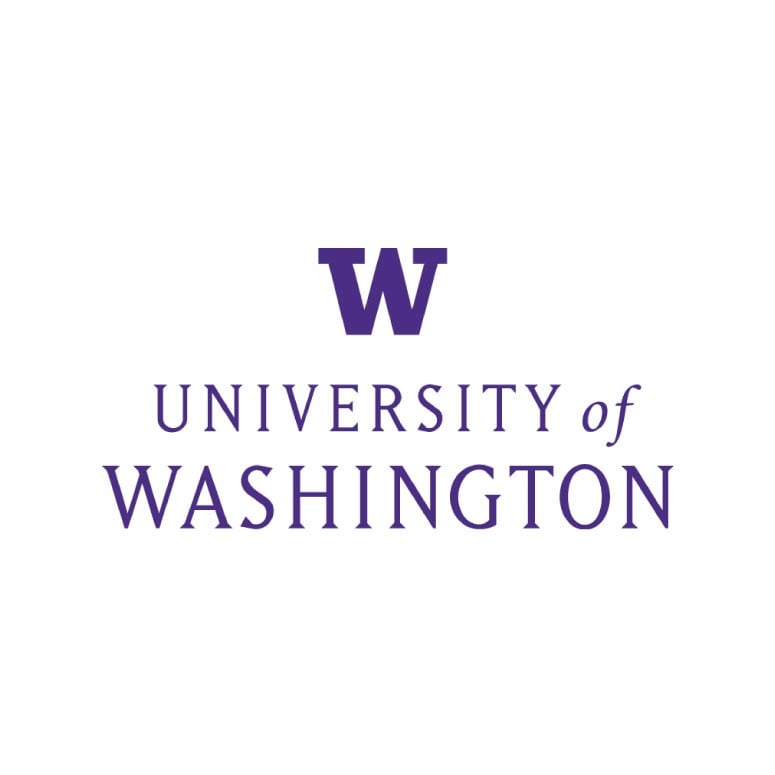
The University of Washington’s Bachelor’s in Speech & Hearing Sciences program caters to students who have already completed a bachelor’s or advanced degree outside of this discipline. If you’re a high school graduate, scroll down to the other full-length degree options. If you’re interested in returning to school, though, this program suits you.
As you’ll have college credits already, this program is far shorter than most undergraduate programs. Rather than focusing on general education requirements, you’ll exclusively take speech and hearing science classes for four intensive quarters. Pretty nice, right? While other programs require years of devotion, you can obtain your bachelor’s in speech & hearing sciences in only one year.
As a student, you’ll take courses like:
- The Nature of Sound
- Introduction to Speech & Hearing Services
- Acquired Communication & Swallowing Disorders
You will take three classes in the summer, fall, and spring, and four courses in the winter quarter.
University of Georgia
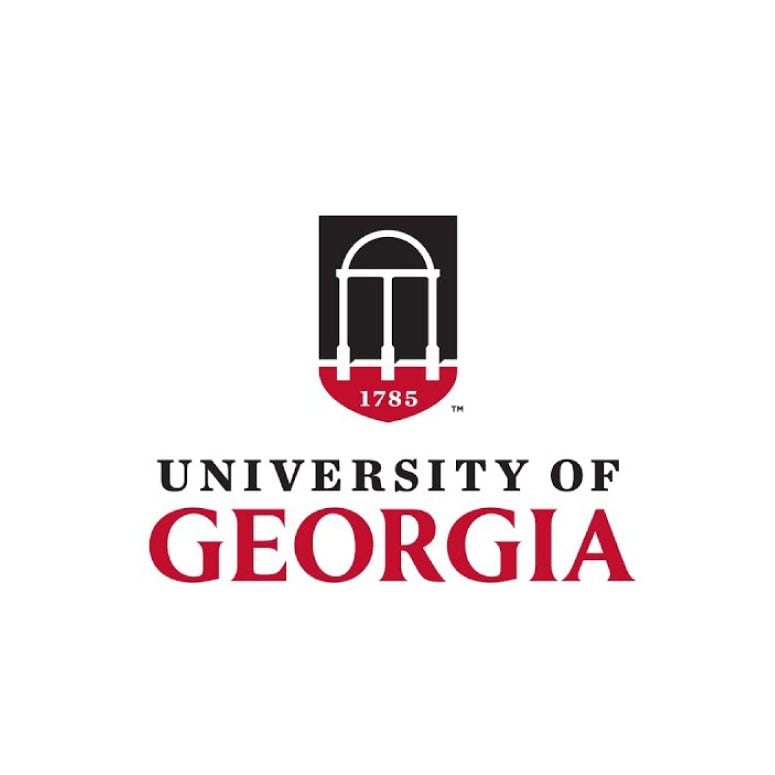
The University of Georgia’s BSEd in communication sciences and disorders is one of the best of its kind in the country. As such, the program has strict requirements. It’s an upper-level program, meaning students can only enter the school after two years at the University of Georgia. Applying students must have a 3.2 GPA or higher, a well-written essay, and prerequisite classes in English, math, and science.
The program follows a cohort model in which groups of students stick together throughout the degree. Students will take 33 credits related to the major to obtain their degree. Students will learn about:
- the anatomy and physiology of speech, language, and hearing
- speech and language development and disorders
- hearing science and aural rehabilitation
- autism and social communication disorders
If you’re ready to set forth on your path to becoming an SLP, audiologist, or another professional practitioner, this is an excellent option for you.
California State University
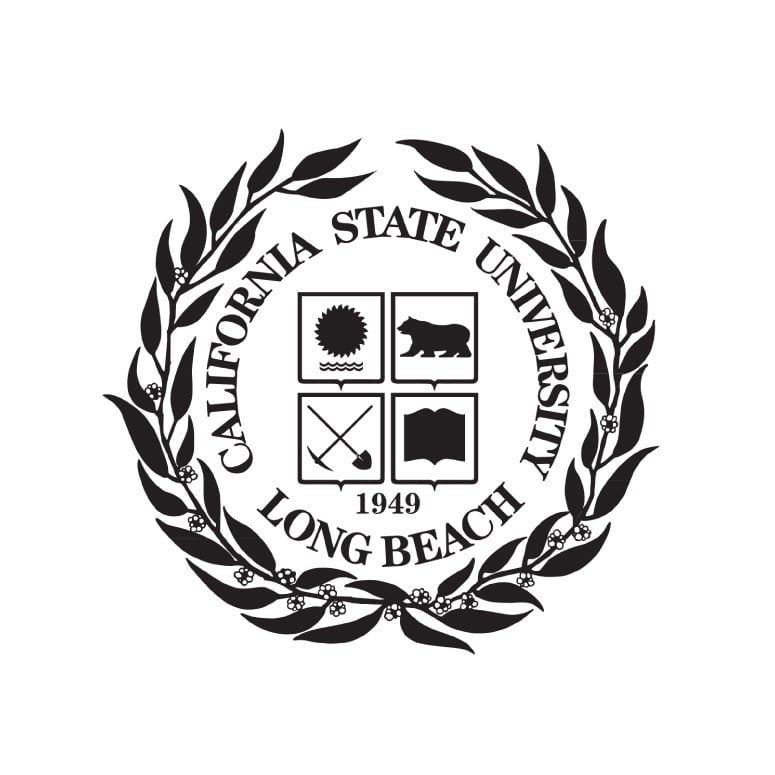
CSULB offers an outstanding speech language pathology, B.A. program. Its goals are to provide students with an understanding of healthy development in:
- speech
- hearing
- language
- swallowing
- communication
Additionally, the school seeks to educate students on the reasons behind speech and language deficiencies, from genetic to neurological to socioeconomic causes. Finally, it aims to prepare students for professional graduate training as speech language pathologists.
Students will take three lower-division courses and 16 upper-level classes. From the former category, students will take Anatomy and Physiology of the Speech and Hearing Mechanism, Phonetics, and one elective. Some of the upper-division classes are Audiology and Speech and Hearing Services.
CSULB’s speech-language pathology program is small—there were 27 graduates in the 2018-2019 class. Yet, an excellent faculty and a focused curriculum make this program one of the best in the country. Of the graduating students, 95.8% passed the Praxis test, illustrating the integrity of the program.
University of Massachusetts
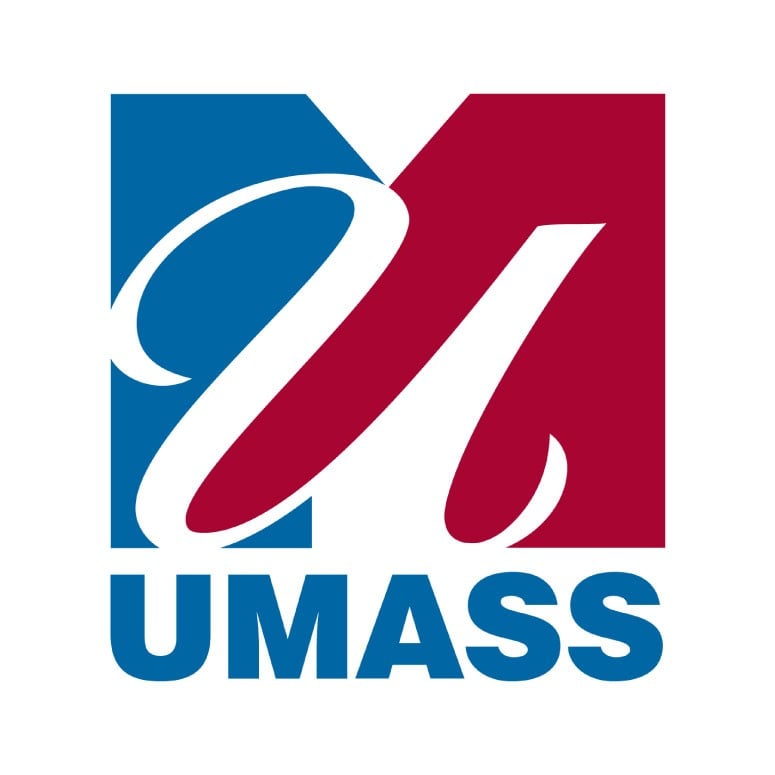
The University of Massachusetts Amherst offers an excellent B.S. in communication disorders program. Much of the coursework focuses on providing students with a background to the normal processes of speech, language, hearing, and related functions. Additionally, the school orients students in approaching and assessing communicative disorders.
Students in this program must take 40 credits of required classes. Some of them are:
- Introduction to Audiology
- Phonetic Processing
- Speech and Language Disorders
Students are encouraged to take other courses like Clinical Observation and Theory of Sound, but they’re not mandatory. Still, these courses are integral to any aspiring SLP’s career.
We’ll be honest: The road to becoming a speech pathology professional is long. Thankfully, the Communication Disorders Department offers a letter of specialization to graduating students who wish to become speech language pathology assistants between their bachelor’s and master’s degrees. That way, students can become familiar with the work environment of SLPs, helping patients along the way.
Towson University
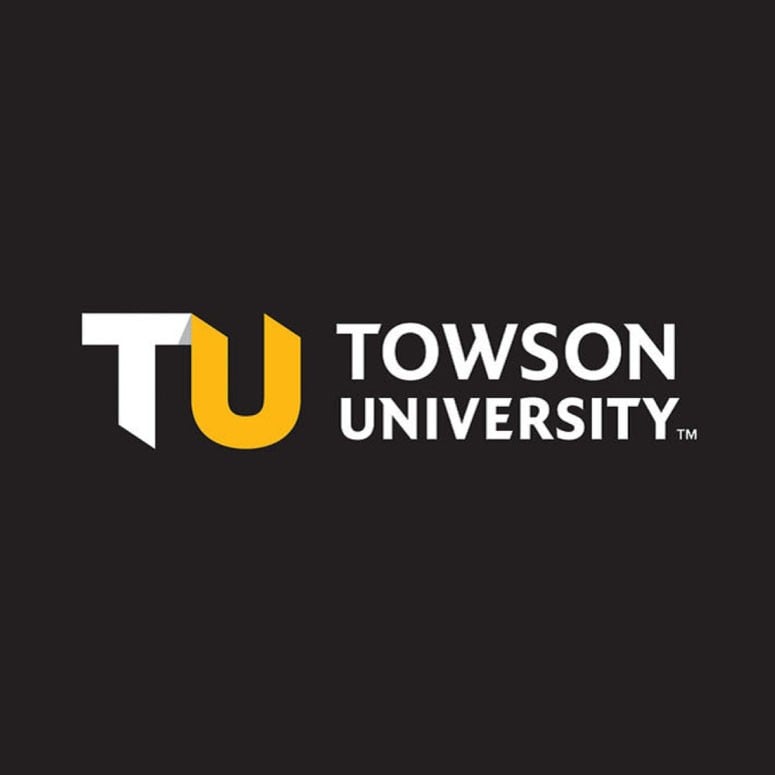
As the Towson University website advertises, the job market for SLPs and audiologists is flourishing. The population of the United States is aging quickly, and the birth rate is accelerating. Thus, now is the perfect time to become an SLP or audiologist. Towson University is one of the top speech pathology colleges. They offer a fantastic program, notable for small class sizes and excellent faculty.
Prospective students should take note of the fact that the speech language pathology & audiology are screened majors. Hence, not every student can choose a major. Given the selectivity of this program, Towson University only accepts its top applicants into the program. If you want to get your foot in the door, focus on your high school GPA, test scores, and letters of recommendation.
Towson University has designed a four-year program for all SLP undergraduates. First-year courses include classes like Intro to Human Communication & Disorders and Psychology. Second-year courses include Language Development in Children, Phonetics of American English, and more. Upper-level courses are more specific, focusing on research and practice.
Brigham Young University

BYU’s bachelor’s in communication disorders teaches students essential anatomy and processes of language, speech, and hearing. It also introduces students to disorders and instrumentation along with data collection procedures in language, speech, and hearing. Chiefly, this program prepares students for master’s programs in communication disorders and careers beyond school.
To graduate with a communication disorders degree, students must complete 58 credits in the major. Thankfully, students aren’t required to write a thesis, take a comprehensive exam, or supplement their studies with a minor. Besides the 58 credits, students must take three pre-major courses:
- Principles of Statistics
- Human Anatomy (with lab)
- Intro to Speech-Language Pathology and Audiology
Some major classes are:
- Descriptive Acoustics of Music and Speech
- Speech Anatomy & Physiology
- Clinical Phonetics
- Language Development
Students of the major can join the National Student Speech Language Hearing Association, which connects students and professionals, keeps students up-to-date with the field, and informs pre-professionals about available career paths.
New York University

NYU’s B.S. in communicative sciences and disorders is an interdisciplinary degree. It meets at the intersection of linguistics, psychology, and physiology, drawing on each subject to explore and explain communication disorders. With a combination of liberal arts classes and hands-on, clinically focused work, NYU is one of the best colleges for speech pathology.
The communicative sciences and disorders program is a full-time degree, comprising 128 credits. Unlike many schools, this program begins in the spring. Unlike other schools, too, NYU offers tailored coursework to a student’s interests. You’ll be able to choose your specific path with your advisor’s approval.
It’s essential to understand the physiology of the body in this field. Otherwise, how are you going to familiarize yourself with a patient’s struggles? Well, NYU’s program offers a unique way to understand the human body: Its Anatomy and Physiology class includes a cadaver lab at NYU Langone Medical Center.
University of Vermont

All of the schools on this list have fantastic programs, and the University of Vermont is no exception. It also has the added benefit of a stunning campus in an equally beautiful state. There, you can become the professional you want to be while spending your downtime hiking in one of the most beautiful places in the world.
UVT’s B.S. in communication sciences and disorders program requires students to have a minor. While students can choose any minor, the program suggests linguistics and special education minors. Through these minor programs, students can supplement their studies with critical information that will prove invaluable in the workplace.
Entry-level classes include:
- Introduction to Phonetics
- Linguistics for Clinicians
- Development of Spoken Language
More advanced courses include:
- Hearing Rehabilitation
- Culture of Disability
- Mindfulness & Helping Skills
- Augmentative Communication
These classes will teach you crucial tools, orient you to different disabilities, and prepare you for success before your master’s program.
Nova Southeastern University

Nova Southeastern University is one of the top speech therapy colleges in the southern part of the United States. Students who wish to obtain their B.S. in speech-language and communication disorders are lucky to gain a first-rate education. The program helps students build a research-oriented, academic foundation in the concepts and principles of:
- speech
- hearing
- language
- human communication disorders
NSU’s program focuses on developing a scientific and critical understanding of the field. Students will learn about the history of SLPs, recent findings, and the physiology of the human body. Some available classes are:
- Basics of Human Heredity
- Phonetics
- Anatomy and Physiology of the Speech-Language and Hearing Mechanisms
Nova Southeastern University is noted for its distance learning offerings. Speech pathology students can take classes in person, online, or both. Additionally, students can video conference to access remote classes, participating as if they were in the course. NSU offers a master’s level program for students who wish to continue their studies.
Texas Christian University

Texas Christian University provides students with an outstanding and traditional college experience. From its active student community to nationally acclaimed sports teams, TCU is a high-quality school. And thankfully, their speech language pathology program is no exception. Students enrolled in the B.S. in speech language pathology will take a balanced curriculum with 39 or more core credits and 43 credits in the SLP major.
Some required major classes include:
- Evidence-Based Practice in Communication Sciences and Disorders
- Audiology
- Aural Rehabilitation
- Language Disorders in Children
Students must take an additional 18 credits in related electives and six semester hours in supporting areas.
TCU is one of the most rigorous speech pathologist colleges. They have a relatively demanding program compared with many of the programs on this list. Students must graduate with a cumulative GPA of at least 3.00, a cumulative 3.00 GPA in COSD courses, and a grade of “C” or above in all COSD coursework. Additionally, speech pathology students must complete at least 25 hours of supervised clinical observation and 20 hours of clinical practice. This program is excellent, though, especially if you want hands-on experience.
Frequently Asked Questions
An undergraduate degree in speech pathology will teach you about the anatomy and physiology of speech, rehabilitation, and more. Throughout your program, you’ll learn how to deal with a variety of speech disorders and a range of patients.
Colleges with speech pathology programs typically offer courses like:
• Phonetics
• Language Acquisition: From Birth Through Adolescence
• Motor Speech Disorders and Fluency Disorders
• Introduction to Clinical Management
Each course examines a critical tool of any aspiring SLP’s toolbox. From understanding the physiology of speech to learning about specific disorders, these classes will prepare you for a successful career.
Here’s the good news: Speech therapists are in high demand. The U.S. Bureau of Labor Statistics (BLS) estimates the job market for SLPs will grow 19% over the next ten years. There were 159,800 speech pathology jobs in 2021, and forecasts suggest that there will be 33,100 more openings by 2031 As such, you shouldn’t struggle to find a job upon graduation.
As mentioned, undergraduate degrees in speech pathology provide the tools to become a speech-language pathologist. Nothing more, nothing less. There is good news and bad news here. The bad news is that a speech pathology program isn’t versatile. While you may be able to get another job given you have a bachelor’s, this degree is for aspiring speech pathology professionals, and that’s it. Additionally, most SLPs should hold a master’s degree and a license, so a bachelor’s degree in speech pathology will only be the first step of your journey.
Psychologists, therapists, and SLPs help others and make a pretty good paycheck, and they do good work, too.
According to the BLS, the average speech therapist makes $84,140 per year. Not too shabby, especially for a job that helps people improve their lives. It may take some time before your salary reaches that mark, but you can expect $60,000 at an entry-level position. Remember, though, that you’ll need a master’s degree, a license, a passing grade on a national exam, and 375 hours of a supervised internship program before beginning your career.
Speech pathology undergraduate programs have their own unique admissions requirements. Generally, undergraduate speech pathology programs expect students to provide the following things:
• SAT or ACT scores
• Letters of recommendation
• 2.50 GPA out of 4.00. (Some schools require a higher GPA for admittance, while others are more lenient)
• A personal statement
A Bachelor’s in Communication Sciences and Disorders or Speech-Language Pathology lays a solid foundation for a career in speech pathology. This degree covers essential coursework in language development, communication disorders, and speech science, providing the necessary background for further study in this field at the graduate level. Internships or practical experiences are also valuable for gaining hands-on skills in speech pathology.
Majoring in speech pathology can be challenging due to the science-based coursework and the need to understand complex topics like language development and disorders. However, with dedication, strong study habits, and a genuine interest in helping others communicate effectively, students can succeed and find the field incredibly rewarding and fulfilling. It’s about passion and persistence!
Getting into Speech-Language Pathology (SLP) programs can be competitive due to the limited number of slots available and the high demand for these programs. Schools often look for candidates with strong academic backgrounds, relevant coursework, volunteer experience, and a genuine interest in the field. While challenging, with dedication, preparation, and a well-rounded application, students can increase their chances of admission.
